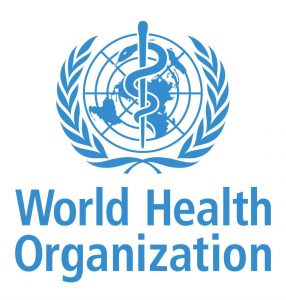Monkeypox a Public Health Emergency : WHO

The WHO has declared monkeypox a public health emergency of international concern, with 99,176 cases and 208 deaths reported across 116 countries since 2022. It has been declared a global PHEIC for the second time in two years.
- Mpox (monkeypox) is a DNA virus from the Poxviridae family, first identified in monkeys in 1958.
- It spreads from animals to humans through direct contact, and symptoms include fever, headache, swollen lymph nodes, and a rash that appears within two days of fever onset.
- First detected in humans in 1970 in the Democratic Republic of Congo.
- A new clade (new strain of the virus), primarily spread through sexual contact, is causing concern due to its rapid spread.
- Human-to-human transmission occurs through close contact, including skin-to-skin and sexual contact. Testing is done via PCR. The outbreak, particularly in Africa, has prompted a global health emergency.
- Public Health Emergency of International Concern (PHEIC) is declared by WHO under the International Health Regulations (IHR) of 2005 when an outbreak is unusual, poses a risk of international spread, and may require immediate global action.
- IHR is a binding agreement involving 196 countries. Since 2009, WHO has declared seven PHEICs, including the H1N1 pandemic, polio, Ebola, Zika, COVID-19, and Mpox.




